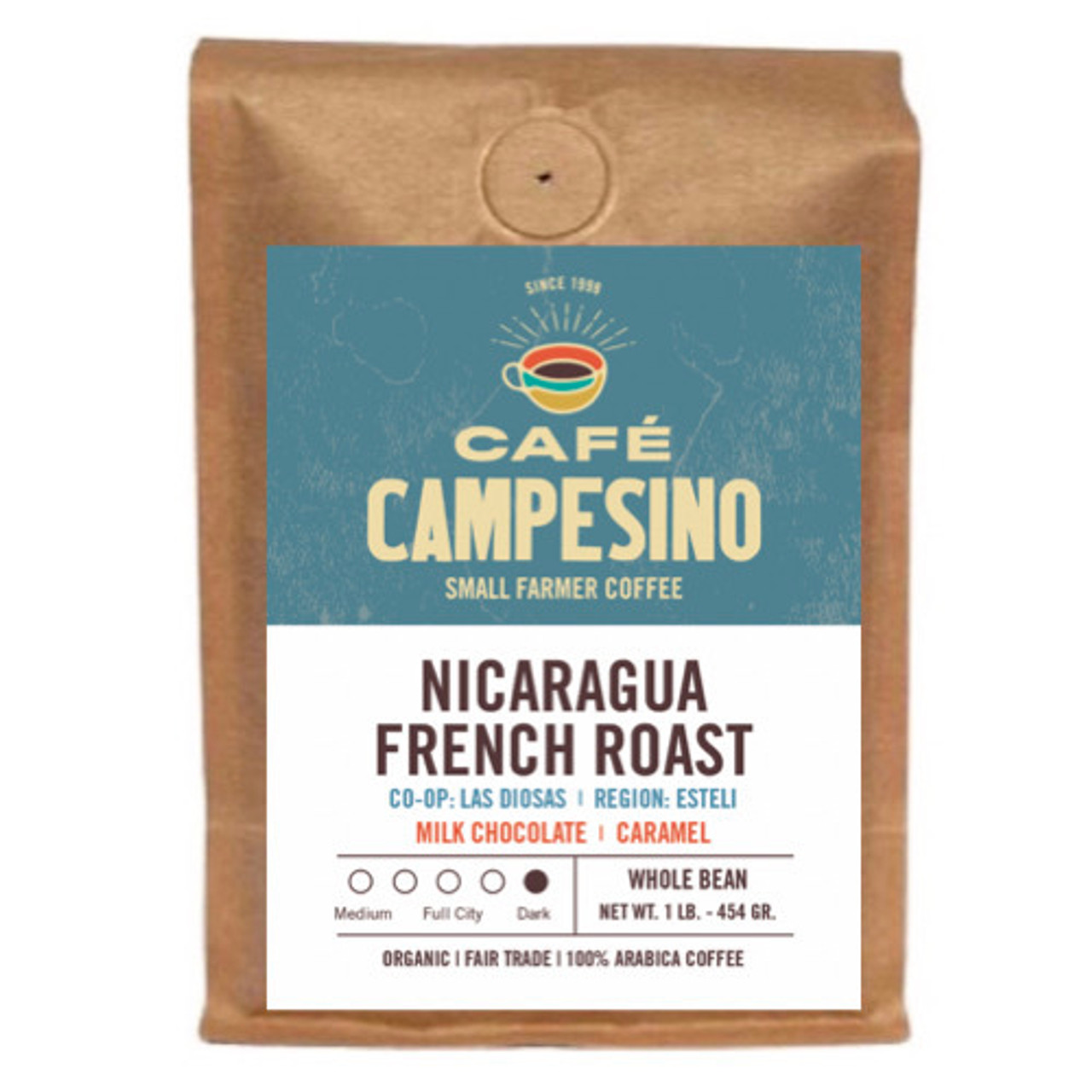Blog
Organizations That Sell Organic Coffee From Nicaragua
Nicaragua’s coffee farmers are as varied as the country itself. Ranging in age, experience and political affiliation – they all farm with pride, determination and ingenuity, but remain committed to the craft and to their community despite climate change, political unrest or civil war.
Coffee Direct sources its delicious coffee directly from farmers and cooperatives, helping us bring you the most delectable cup while supporting farmers and their communities. We work closely with these producers to ensure we pay them fair prices for their product as well as investing in training and education to strengthen livelihoods. We’re proud of supporting them – come join us!
Farmers rely heavily on their crops for income. Coffee production requires extensive labor, while there may not be many other income streams in rural areas. By diversifying production, producers can recoup some of the investment required in land and equipment while continuing to harvest coffee even when prices drop significantly.
Many farmers have made the transition to organic farming practices due to premium pricing offered by specialty markets, enabling them to reinvest back into their farms while improving access to credit. Furthermore, this transition has brought benefits not only for them and their family and community members but also benefits extended through profits and social premiums used to enhance quality of life or increase income streams.
Ceocafen Cooperative Organization from Matagalpa, Jinotega and surrounding regions specialize in organic gourmet coffee production. Their aim is to enhance and support 2,600 active farm members; many are women. Coffee plants grow at elevations up to five thousand feet. Coffee harvest season runs November-March; full washing/sun drying can occur between February and July for exportation purposes resulting in smooth nutty taste, distinguished by an exceptional depth of flavor.
Sacacli cooperative’s lot features the Maragogype cultivar, which produces giant leaves and cherries with sweet, fruit-forward flavor notes. A hybrid between Typica and Caturra varieties first discovered in Brazil during the 1870s, these trees now reside in Nicaragua where they thrive and produce large quantities of this specialty coffee variety.
This community-based coop serves as an example of sustainability for other smallholders in Nicaragua. Members receive training in agroecological practices that go beyond organic certification to focus on improving soil, plants, water and environmental conditions within their communities. They use income generated from coffee sales to purchase equipment and fund community development projects – their ultimate aim being helping their members become self-reliant so they can provide for themselves and their families.



